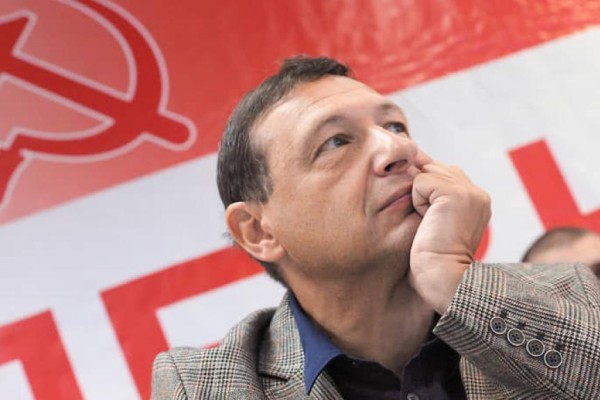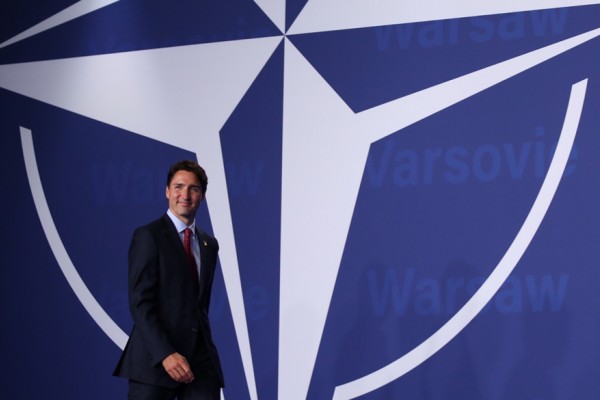Kagarlitsky: Letter from prison
Join the campaign to free him

Russian Marxist theoretician and sociologist. Photo by Alexander Demyanchuk/TASS.
Boris Kagarlitsky, an internationally renowned scholar and political activist, was arrested on July 25 by the Russian Federal Security Service (FSB). Despite his lifelong anti-terrorism stance, he is accused of “justifying terrorism” based on a blog post about the Russia-Ukraine war. He is being held until September 24 and may face a seven-year prison term upon trial. An international campaign is demanding his release from prison and rallying to support Russian social movements against the Ukraine war. After his detention, activists managed to talk to Kagarlitsky. He gave them a letter, which he asked them to make publicly available to his supporters and friends. This translation was provided by Sergey Voronin and Alexandria Shaner.
This is not the first time in my life. I was locked up under Brezhnev, beaten and threatened with death under Yeltsin. And now it’s the second arrest under Putin.
Those in power change, but the tradition of putting political opponents behind bars, alas, remains. But the willingness of many people to make sacrifices for their beliefs, for freedom and social rights remains unchanged.
I think that the current arrest can be considered a recognition of the political significance of my statements. Of course, I would have preferred to be recognized in a somewhat different form, but all in good time. In the 40-odd years since my first arrest, I have learned to be patient and to realize how fickle political fortune in Russia is.
The weather is not bad in the Komi Republic, where I now find myself by the will of fate and the FSB investigators, and everything in the prison is not badly organized. So I am fine. Unfortunately, I’m not yet allowed to use the books I brought with me. They’re being checked for extremism. I hope the censors will broaden their horizons in the process of studying them. One book is about the situation of modern universities, and it was written by Sergei Zuev, the former rector of Shaninka (Moscow School for the Social and Economic Sciences), who was also imprisoned. The other is about the history of the Second World War.
I am allowed to receive letters. There are a lot of them. And it is possible to reply to them. In this sense, it is easier to be locked up now than it was under Brezhnev.
Food is also much better. There is a stall where it’s possible to put money on my account. The list of items in the stall is no worse than in some delivery stores. The prices are higher, though. One can even order lunch in the prison cafe. The menu is quite good! However, there is no microwave to heat up the food.
All in all, one can live. The only question is how long it will last. But it’s not just my problem. Millions of people all over the country are thinking the same thing. We share the same fate, no matter where we are or what conditions we’re in.
It is difficult to understand from the TV set in the cell what is really going on. But they will tell us the important news anyway. I remember how in 1982, in Lefortovo prison, every day we waited with interest for the Pravda newspaper in a mourning frame, to be placed through the tray-slot of the cell.
The experience of the past years, it would seem, does not dispose much to optimism. But historical experience as a whole is much richer and gives much more grounds for positive expectations. Remember what Shakespeare wrote in Macbeth?
“The night is long that never finds the day.”
Support the campaign to free Kagarlitsky here.
To sign a petition demanding freedom for Kagarlitsky, visit www.freeboris.info.
Boris Kagarlitsky is a professor at the Moscow Higher School for Social and Economic Sciences. He is the editor of the online journal and YouTube channel Rabkor. In 1982 he was imprisoned for dissident activities under Brezhnev and later faced arrests both under Yeltsin in 1993 and under Putin in 2021. In 2023 the authorities declared him a “foreign agent” but refused to leave the country, unlike many other critics of the regime. His books in English translation include Empire of the Periphery: Russia and the World System (Pluto Press 2007), From Empires to Imperialism: the State and the Rise of Bourgeois Civilisation (Routledge 2014), and Between Class and Discourse: Left Intellectuals in Defence of Capitalism (Routledge, 2020).







_600_400_90_s_c1.jpg)


